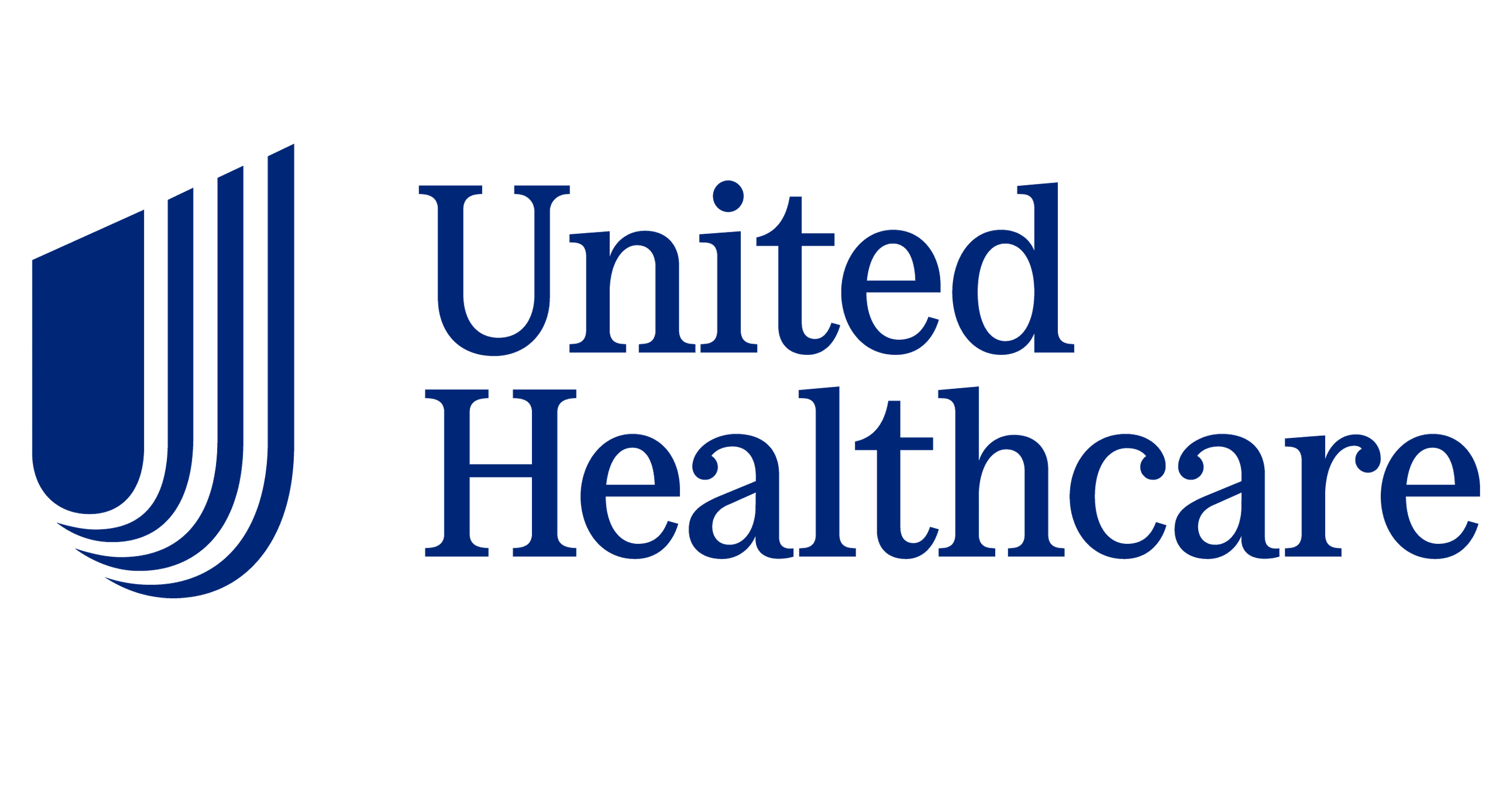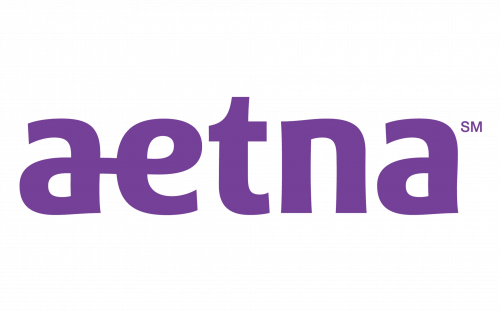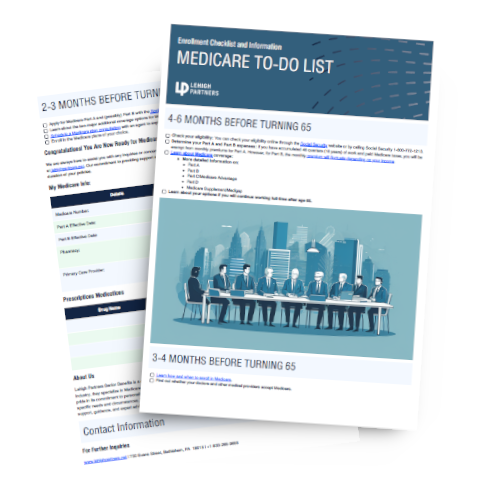To determine the best Medicare Advantage providers of 2022, insurance companies were evaluated that offer plans nationwide by how many states they provide coverage in, the types of benefits they offer, how the Centers for Medicare and Medicaid Services (CMS) ranked their plans, how agencies like A.M. Best ranked them in terms of their financial health, how agencies like J.D. Power ranked them in terms of consumer feedback and more.
Medicare Advantage Plans are another way to get your Medicare Part A and Part B coverage. Medicare Advantage Plans, sometimes called “Part C” or “MA Plans,” are offered by Medicare-approved private companies that must follow rules set by Medicare. Most Medicare Advantage Plans include drug coverage (Part D). In most cases, you’ll need to use health care providers who participate in the plan’s network. These plans set a limit on what you’ll have to pay out-of-pocket each year for covered services. Some plans offer non-emergency coverage out of network, but typically at a higher cost.
Read on to see which providers made the list.
Best Medicare Advantage Providers of 2022
Humana | |||
|---|---|---|---|
 | Coverage Area: | Additional benefits: | CMS rating: |
Offers plans in all 50 states and Washington D.C. | Dental, vision, hearing, lifestyle, transportation | 3.6 | |
Details | |||
If you’re interested in comprehensive coverage, consider plans from Humana for which you’re eligible. The national health care provider serves seniors in all 50 states and Washington, D.C., and offers plans with monthly premiums, physician copays and specialist copays starting at $0 per month. Depending on the plan you choose, Humana can provide additional health benefits, including dental, vision and hearing coverage, as well as lifestyle coverage for services like gym memberships and transportation coverage to help you get to and from doctor appointments. With an A.M. Best rating of A- and a J.D. power ranking of 822 (out of 1,000), Humana is both financially stable and positively reviewed by people who have its health coverage. Humana offers health maintenance organization (HMO) plans, preferred provider organization (PPO) plans, private fee-for-service (PFFS) plans and special needs plans (SNPs) to cater to a variety of health care needs and budgets. | |||
Cigna | |||
|---|---|---|---|
 | Coverage Area: | Additional benefits: | CMS rating: |
Offers plans in 26 states and Washington, D.C. | Dental, vision, hearing, lifestyle, holistic, transportation | 3.8 | |
Details Cigna doesn’t cast as wide of a net with its nationwide coverage, but people who live in areas it does serve can certainly benefit from its robust coverage options and trusted reputation—it earned an A rating from A.M. Best and J.D. Power ranking of 822. Some of its plans come with dental and vision coverage, and in many areas, additional benefits for hearing coverage, lifestyle coverage, holistic coverage (for services like acupuncture) and transportation coverage are available as well. Cigna also prioritizes the availability and use of telehealth to make it easier for its customers to access the care they need. And for no extra cost, the company provides additional perks, from behavioral and emotional support services to medication therapy management to health and wellness discounts. Cigna has plans with monthly premiums and physician copays starting at $0 per month and specialist copays as low as $5 per month. Depending on your specific eligibility, you can choose from a HMO plan, PPO plan or SNP to end up with coverage that best fits your circumstances. | |||
United Healthcare | |||
|---|---|---|---|
 | Coverage Area: | Additional benefits: | CMS rating: |
Offers plans in all 50 states | Dental, vision, hearing, lifestyle, transportation | 3.8 | |
Details | |||
If network size is your top priority, consider any United Healthcare plans for which you may be eligible, as it has more than 1.3 million physicians and care professionals and 6,500 hospitals and care facilities in its nationwide network. Premiums, physician copays and specialist copays can also start as low as $0 depending on the plan, and additional benefits, including dental, vision, hearing, lifestyle and transportation coverage, may be available as well. United Healthcare is also one of the larger providers to offer lower insulin copays—$35 or less—which can be a significant benefit for people managing diabetes. Similar to Cigna, its plans cover virtual care with $0 copays for in-network providers. While United Healthcare isn’t rated by A.M. Best, Standard & Poors gives it an AA-, and its J.D. Power ranking is a strong 795, indicating its reliability from both a financial and customer service standpoint. United Healthcare’s partnership with AARP also improves its ability to provide expert-based support to the senior demographic in search of coverage. | |||
Aetna | |||
|---|---|---|---|
 | Coverage Area: | Additional benefits: | CMS rating: |
Offers plans in 44 states | Dental, vision, hearing, lifestyle, transportation | 3.6 | |
Details | |||
Rounding out our top providers list, Aetna—a CVS Health company—makes it easy to get the coverage you need, plus additional benefits like prescription home delivery, access to a 24-hour nurse line, a SilverSneakers fitness membership and more. Depending on the plan, monthly premiums can be as low as $0 while physician copays start at $35 and specialist copays start at $50. Aetna offers HMO, HMO-POS, PPO and dual special needs plans to cater to a wide degree of coverage needs and budgets. Many plans include additional benefits, such as dental, vision, hearing, lifestyle and transportation coverage, as well as coverage for certain over-the-counter health items like cold medicine. A meals program that provides prepared food after you spend time in the hospital or a skilled nursing facility to further support your recovery may also be included in coverage. With an A.M. Best rating of A and a J.D. Power ranking of 795, Aetna maintains a strong reputation for financial credibility and customer satisfaction in the insurance industry. If you live in one of the 44 states Aetna covers, consider their plans for which you’re eligible. | |||
What is Medicare Advantage?
Medicare Advantage (sometimes called Part C) is the name for the system in which health insurance companies offer Medicare benefits through private plans. People with Medicare may choose to join these plans. They still have Medicare; they just receive their Medicare coverage (Parts A & B) through the Medicare Advantage plan.
There are many different types of Medicare Advantage plans, including health maintenance organizations (HMOs), preferred provider organizations, special needs plans (SNPs), private fee-for-service plans, and Medicare Savings Accounts. Not all types of plans are available in all areas or to all Medicare beneficiaries.
Why choose Medicare Advantage?
Medicare Advantage plans must cover the same services offered under Original Medicare, but they may also additional services that Original Medicare doesn't cover, such as eyeglasses, hearing aids, health club membership, and other wellness benefits. Many Medicare Advantage plans also include coverage of prescription drugs.
It’s important that anyone considering enrollment into Medicare Advantage weigh the pros and cons to make an informed decision based on the four C’s: coverage, cost, convenience, and choice. It’s also crucial to remember that a person with Medicare Advantage cannot also have a Medigap (supplemental insurance) policy.
Costs in Medicare Advantage
People who enroll in Medicare Advantage plans still pay their monthly Part B premium. They also may pay an additional monthly premium on top of the Part B premium and, for some services, a deductible and a portion of the cost of the services received. The extra premium helps pay for the extra benefits some Medicare Advantage plans offer their members.
How the costs are structured varies by the type of Medicare Advantage plan. People who choose to get their Medicare through a Medicare Advantage plan may be able to receive help paying for their coverage if they qualify for programs such as Medicaid, or Medicare Savings Programs.
Coverage options
In Original Medicare, a beneficiary can go to any doctor, hospital, or other health-care provider that takes Medicare. People who join a Medicare Advantage plan have to follow the rules of the plan to get Medicare coverage. For example, some Medicare Advantage plans require members to stay within a network of providers (with which the plan has a contract). Certain plans won't cover members who go to a doctor's office or a hospital outside of this network. Other plans might cover people who go outside the network of providers, but they may require the member to pay more out-of-pocket for getting this care out-of-network.
Some Medicare Advantage plans also offer Part D prescription drug coverage. Others are “stand-alone” plans that only offer health coverage, and people can buy a Part D drug plan to cover their prescriptions.
How to enroll in Medicare Advantage
There are limited times of the year during which people with Medicare can enroll (and disenroll) from a private Medicare Advantage health plan. People joining Medicare for the first time have an Initial Enrollment Period, during which they can also select a Medicare Advantage plan. People can also join, switch, or disenroll from a Medicare Advantage plan during the annual Open Enrollment Period from Oct. 15 to Dec. 7.
The Medicare Advantage Open Enrollment Period (January 1 - March 31) will allow anyone enrolled in an MA plan at the beginning of the year to switch plans or disenroll from Medicare Advantage and return to Original Medicare. There are also Special Enrollment Periods for certain circumstances, such as when a senior moves from one plan’s service area to a new location.
Note: It is very important to carefully consider enrollment/disenrollment from a Medicare Advantage plan, especially as it relates to the ability to pick up a supplemental (Medigap) plan. Contact the our office by calling 1-833-265-9655.

